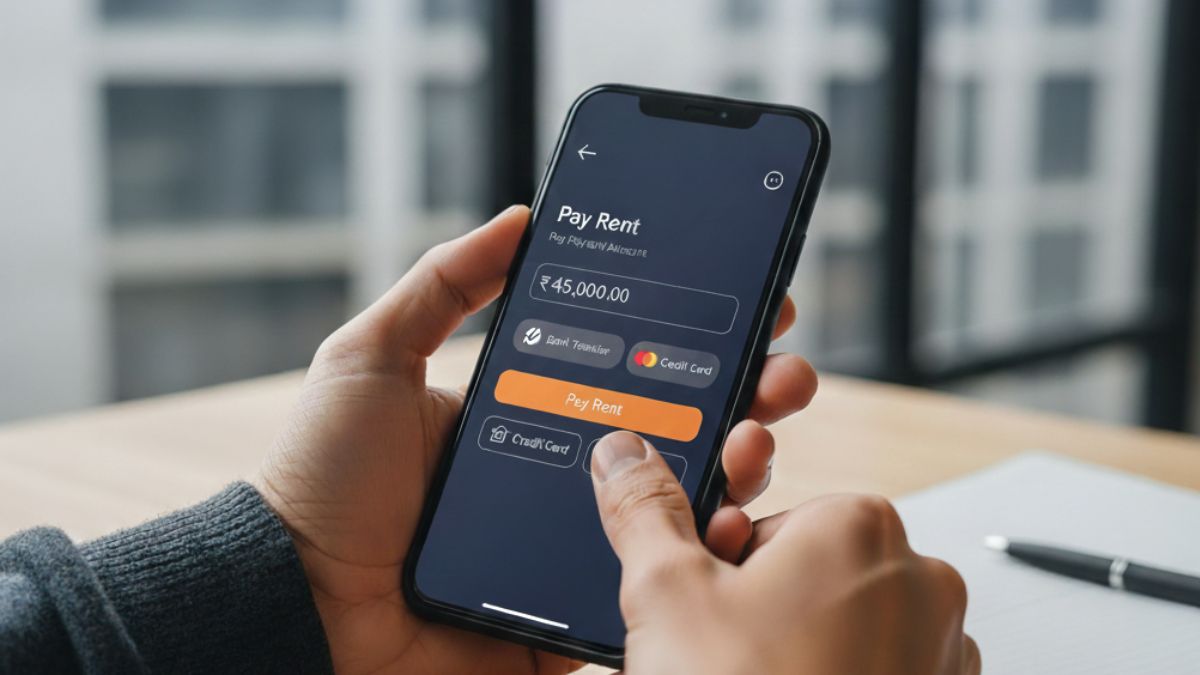The Reserve Bank of India (RBI) has introduced new rules for payment aggregators. Right after this, fintech apps like PhonePe, Paytm, and CRED stopped accepting rent payments through credit cards. This move directly affects users who were paying rent with cards to earn reward points or to manage cash flow.
The new rules say payment aggregators can only process payments for merchants with whom they have a direct contract. Landlords now fall under the merchant category. But most of them were not fully onboarded or KYC-verified. Because of this, fintech apps had to stop credit card rental payments.
RBI has also restricted marketplace-like models. Earlier, apps acted like middlemen — users paid with a card, the app took the money, and then transferred it to the landlord. That is no longer allowed without full merchant verification.
This change impacts three groups. First is the Users who were paying rent using credit cards on apps. They can no longer do that. Second is the Fintech apps that are losing a popular service that brought them steady revenue from processing fees. Third is the Landlords. If they want to continue receiving payments via fintech apps, they must complete full KYC and sign up as official merchants. I don’t think merchants are going to do this.
RBI wants to tighten compliance and reduce risks in digital payments. Many landlords were receiving money without proper verification, which was seen as a weak spot. The regulator also wants more transparency and accountability from fintech apps.
The new rules require Full merchant KYC and due diligence. It also mandates establishing Escrow accounts for settlement, so funds are not mixed.
If you were using cards for rent payments to earn rewards, that option is gone for now. You will need to switch to other methods. It is possible that credit card rent payments will return in the future, but only after landlords and fintech companies meet the RBI’s requirements.












